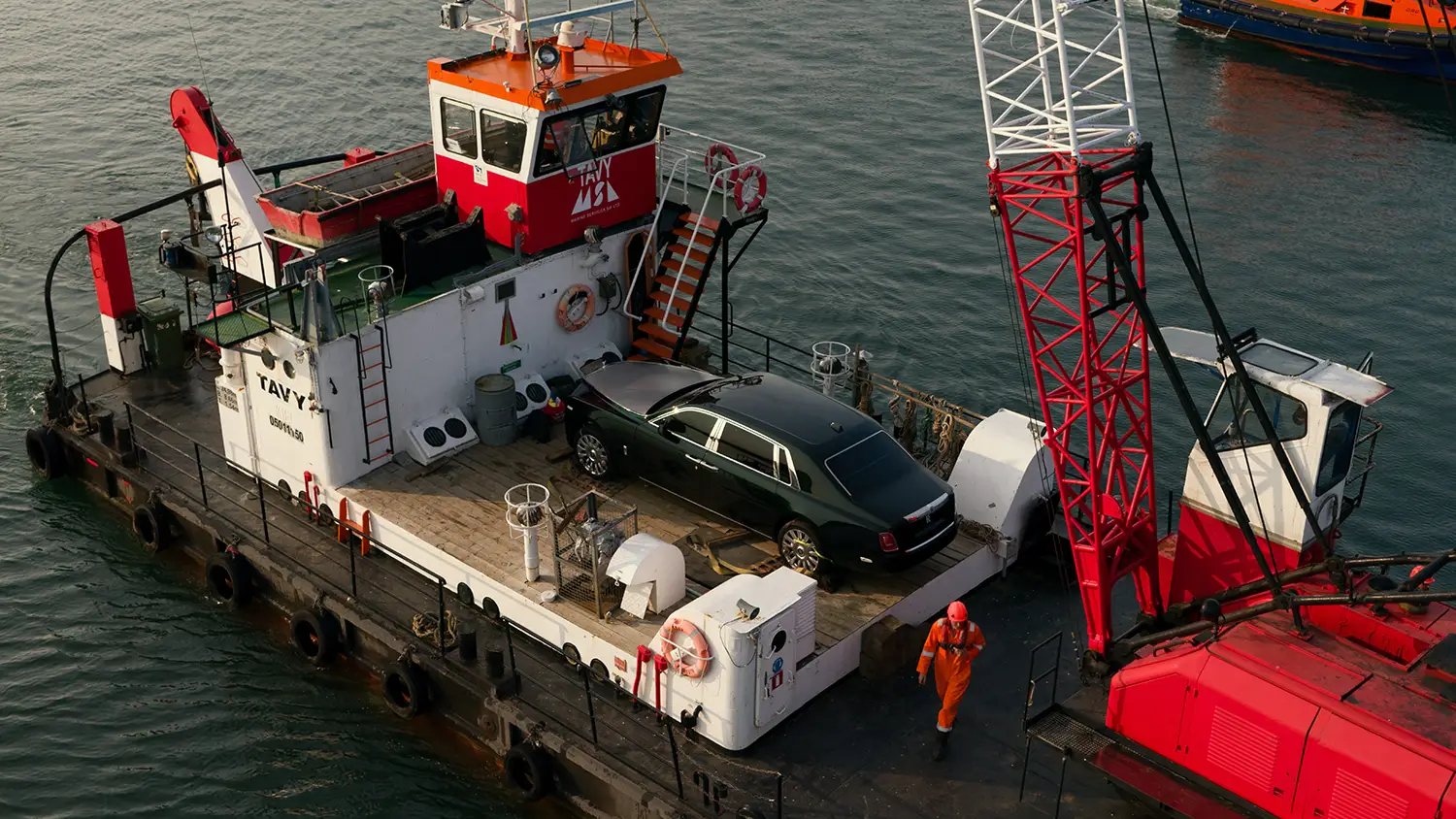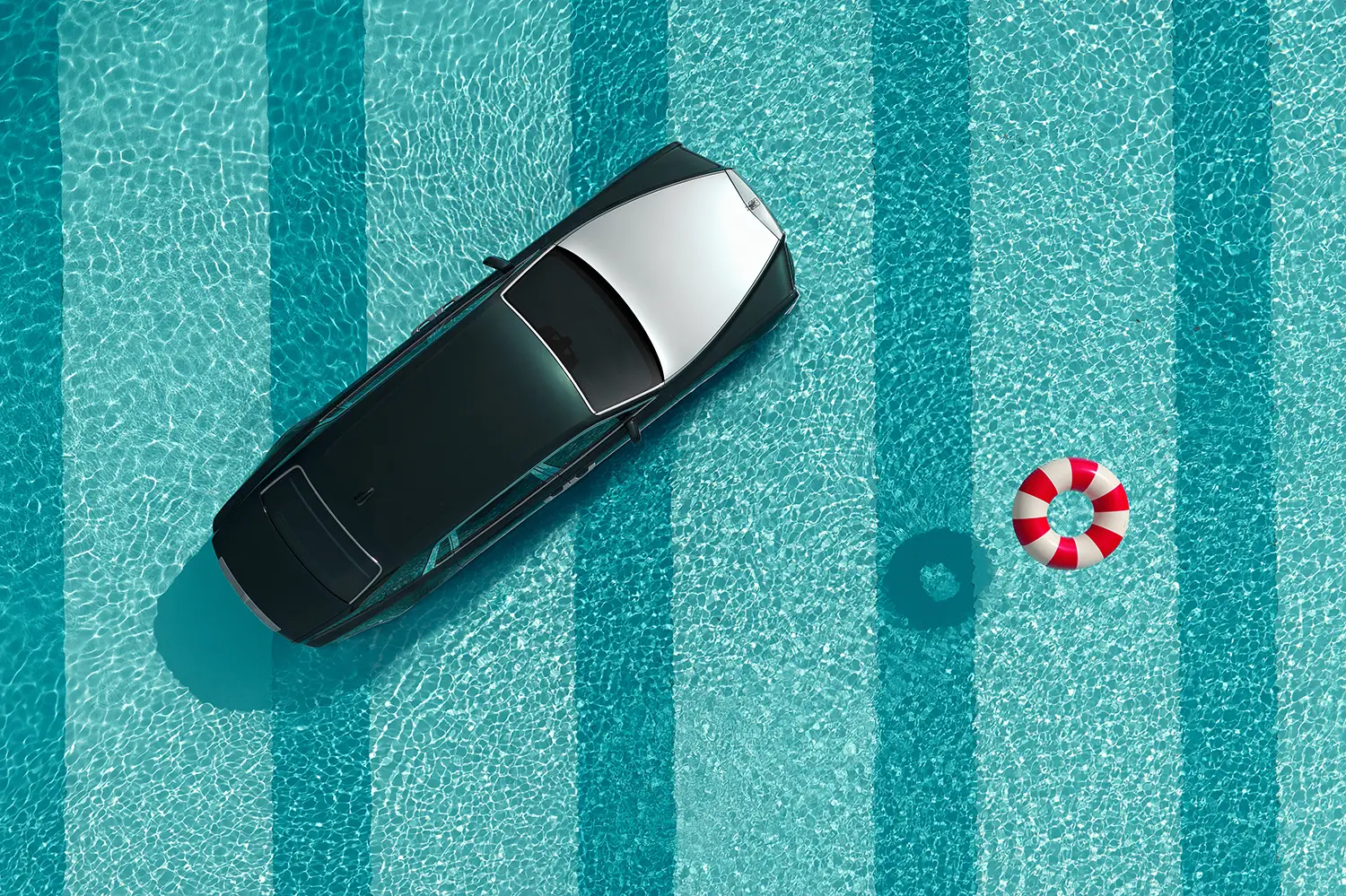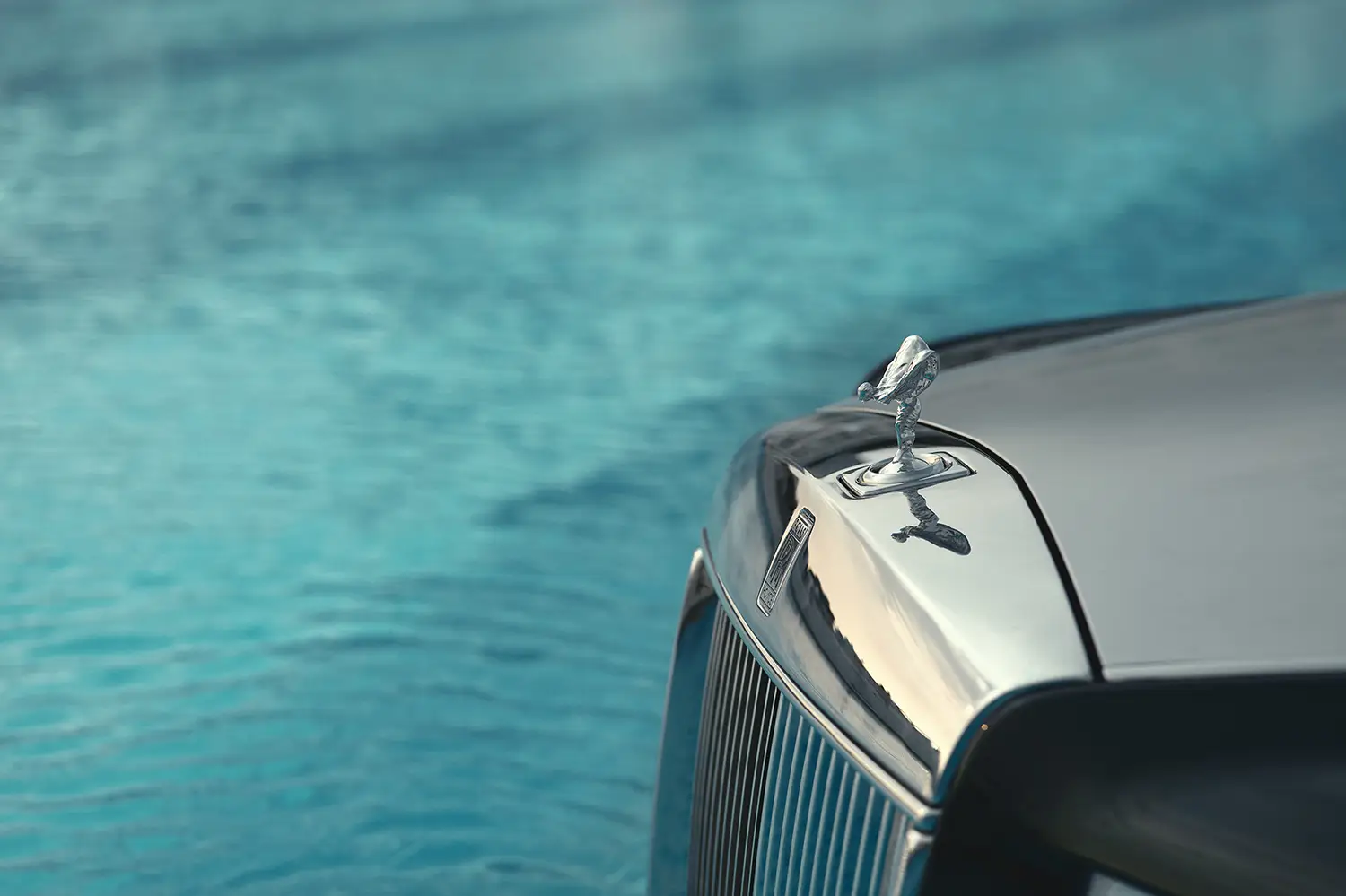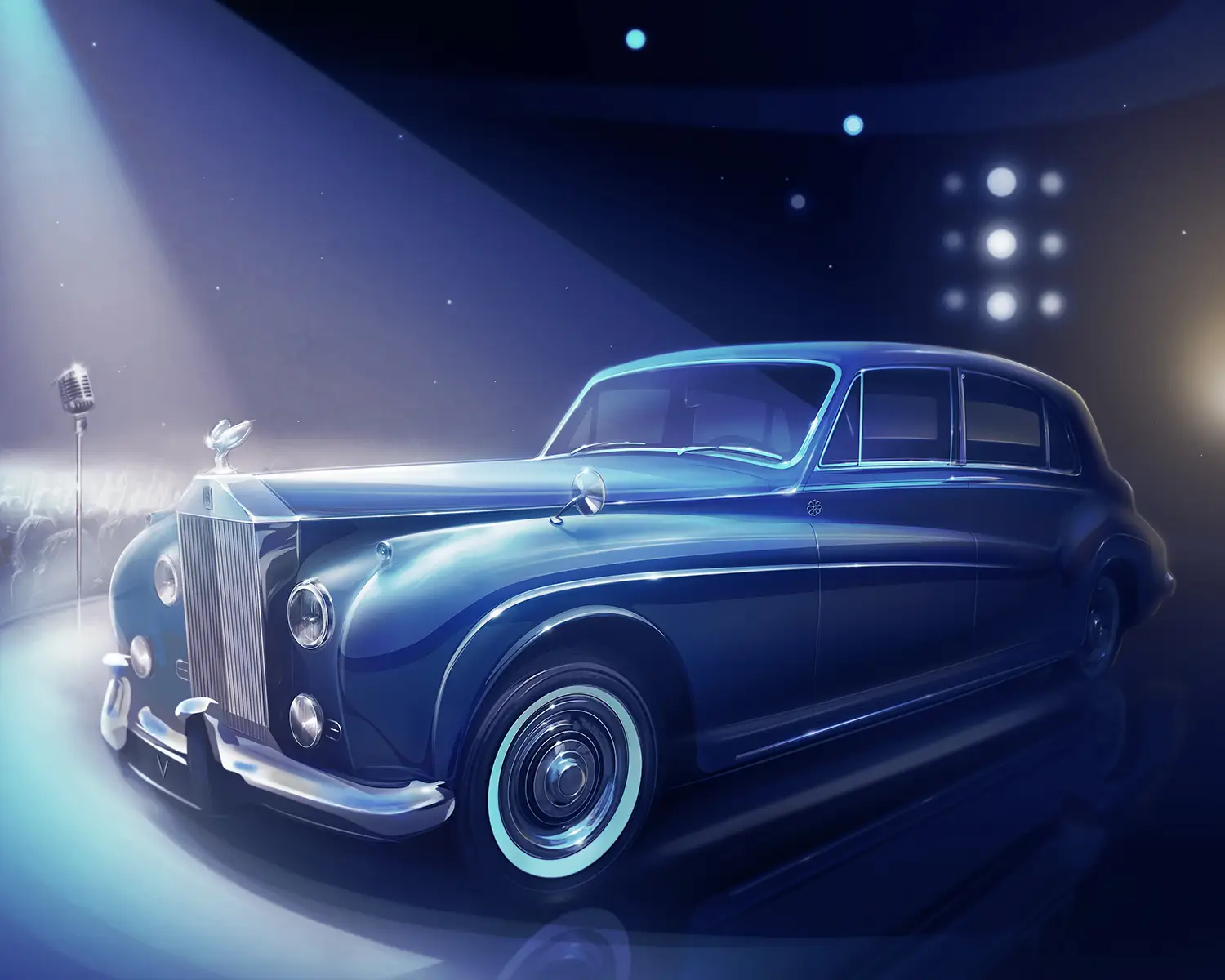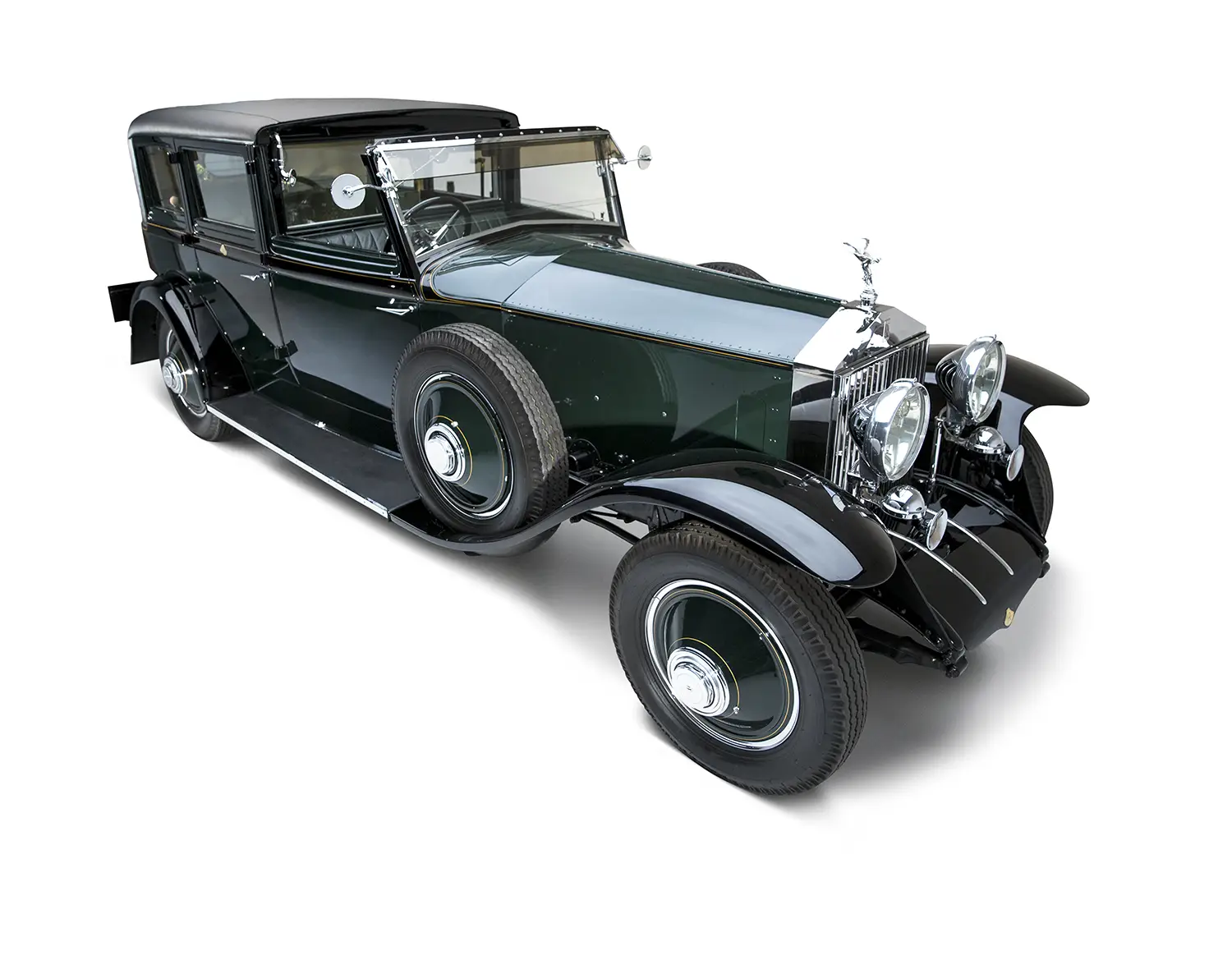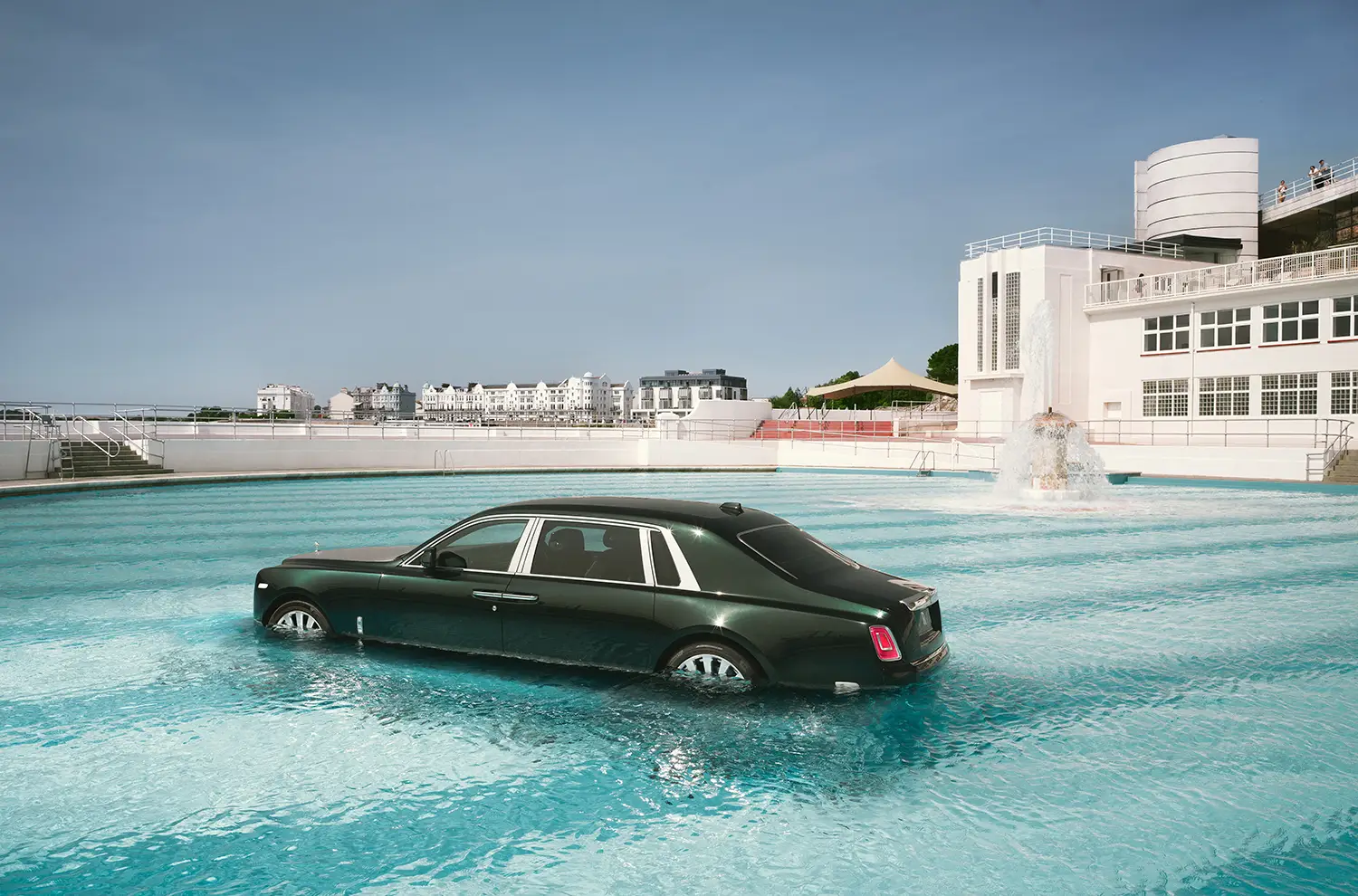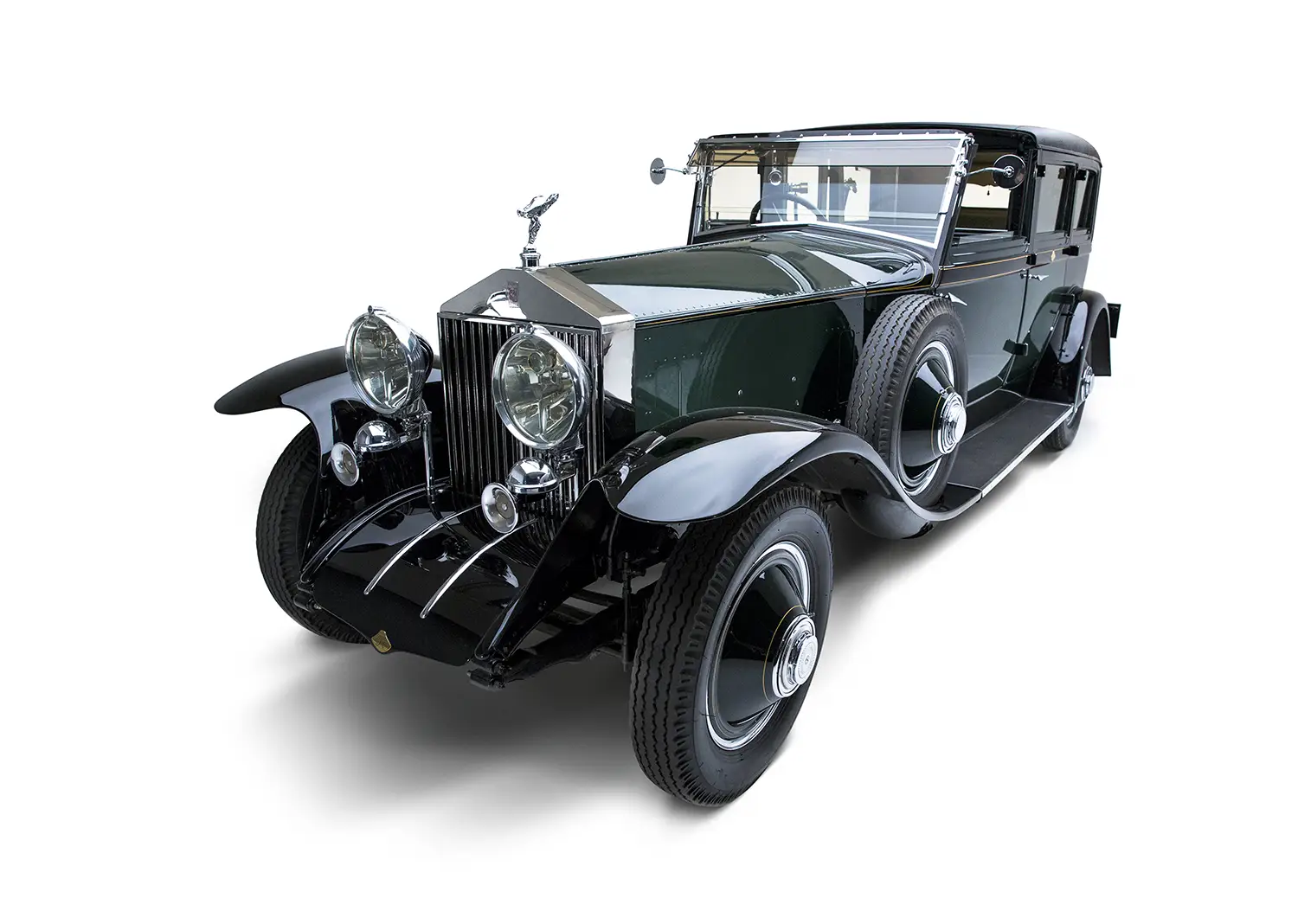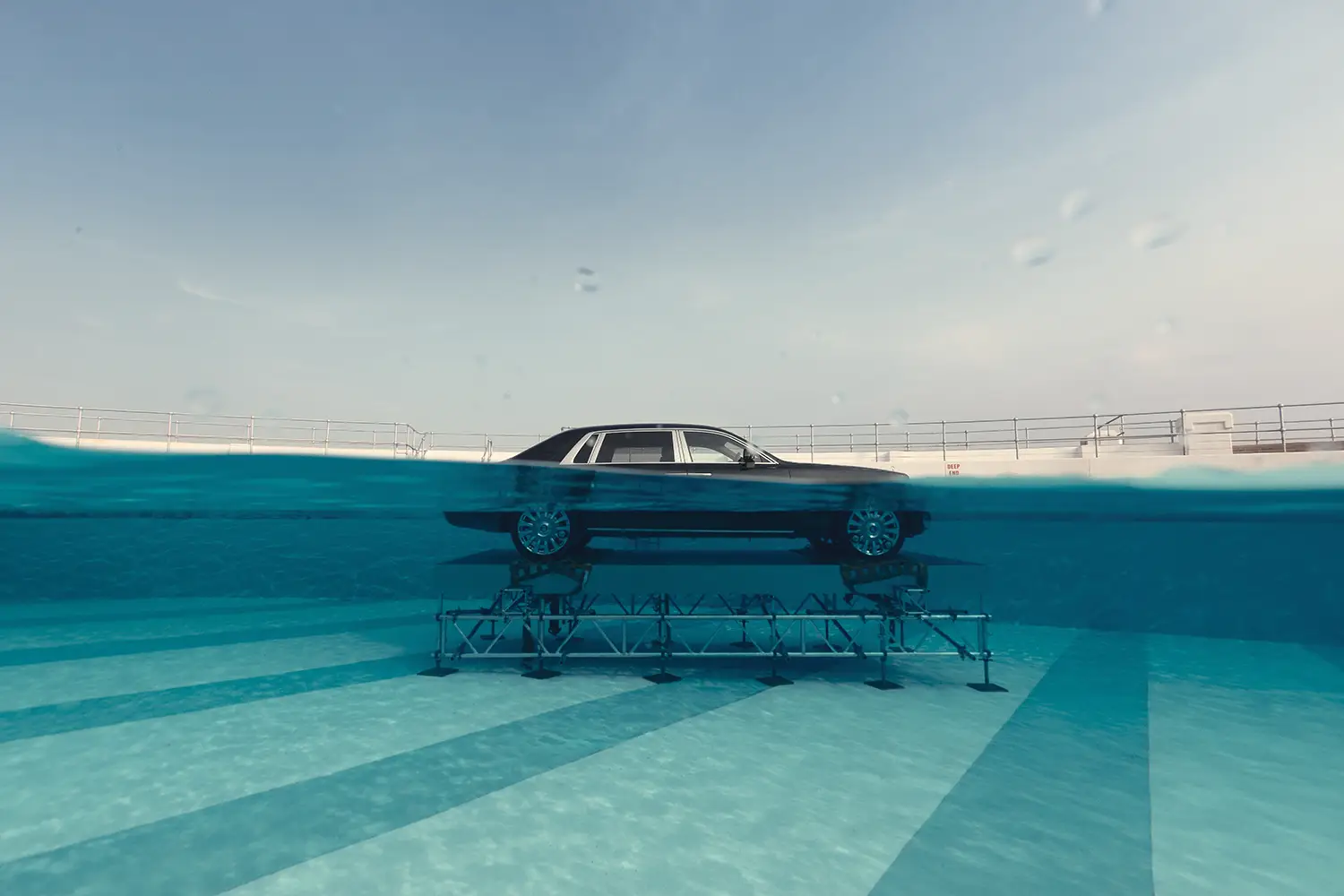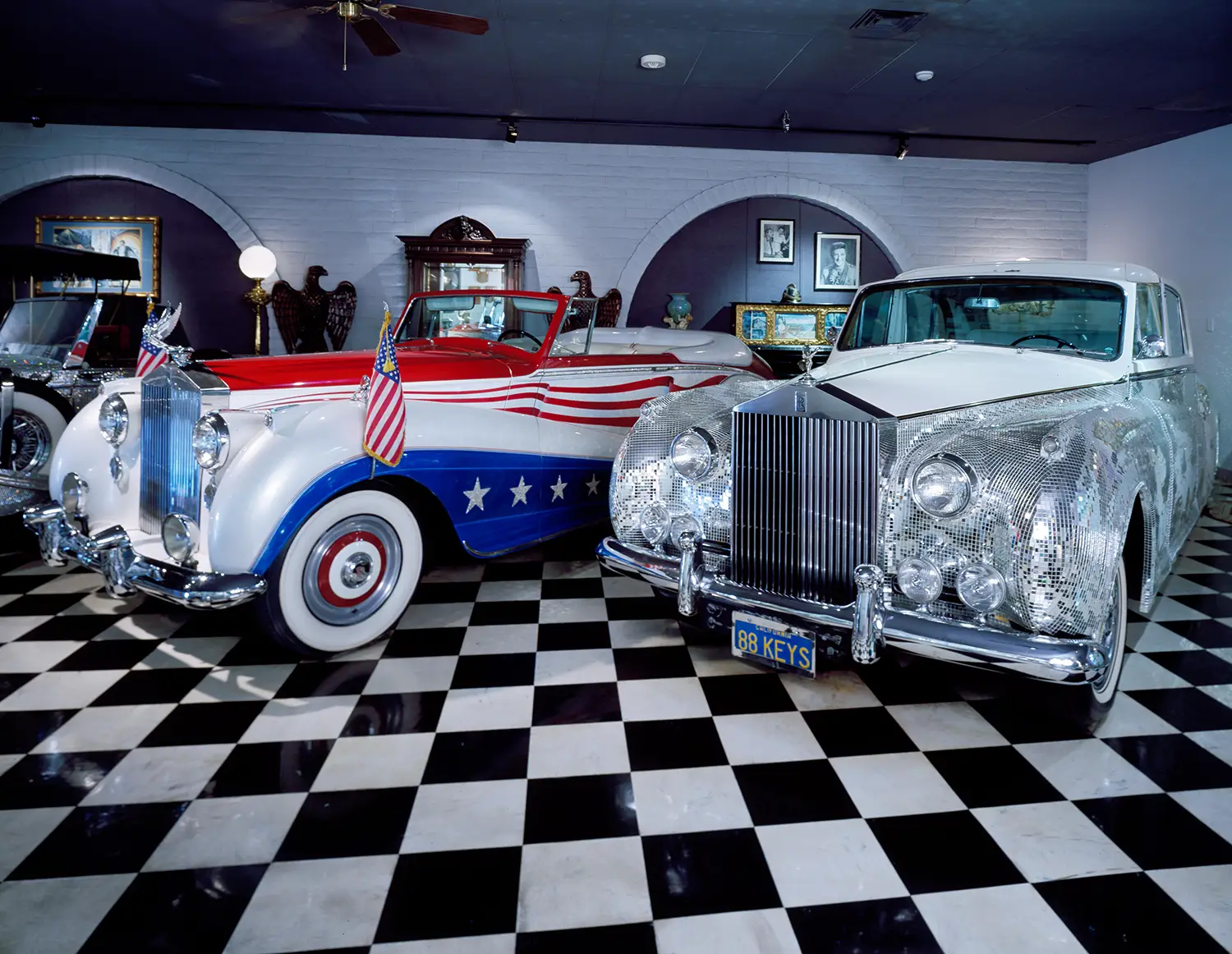
The Rolls-Royce Phantom 100 years story is not just about engineering. It is also about music, culture, and personal expression. From Hollywood icons to rap stars, Phantom has always been more than a car. It has been a stage on wheels.
Phantom and the golden age of music
Back in the early decades, legends like Duke Ellington, Count Basie, and Edith Piaf recognized Phantom as a true symbol of artistry. They did not just ride in style. They used the car as a mark of their creative success. By the time Elvis Presley and John Lennon came along, Phantom had already secured its status as a partner of stars.
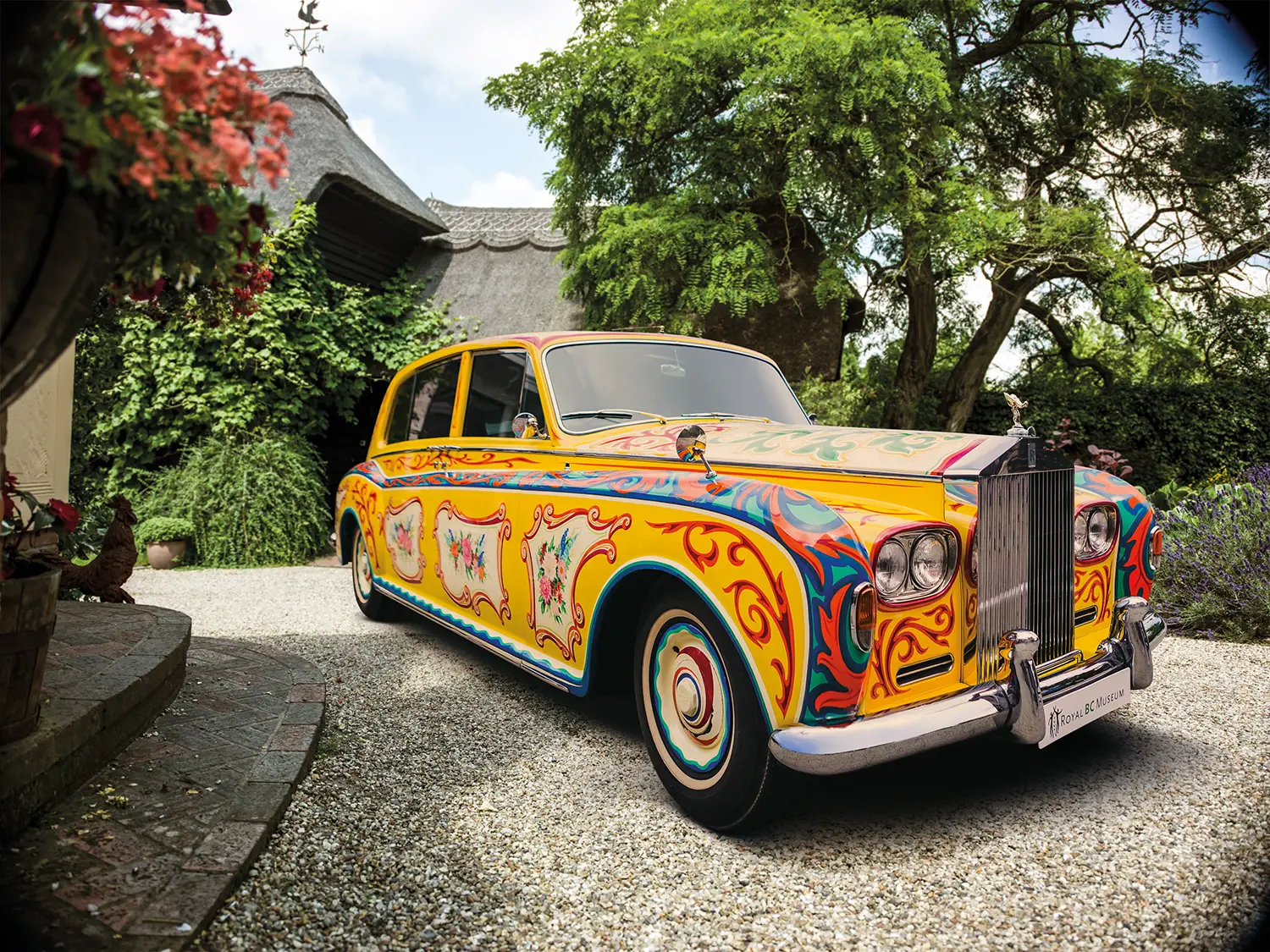
Phantom’s performance and engineering power
Rolls-Royce has always built Phantom as the pinnacle of luxury and performance. Across eight generations, the car has stood as the brand’s ultimate flagship. Its engines were designed for seamless power delivery rather than raw speed. Yet the Phantom offered unmatched refinement and strength, making it an effortless cruiser. In every version, craftsmanship and quiet power have gone hand in hand. This balance explains why artists from Elton John to modern hip-hop stars chose it to announce their arrival.
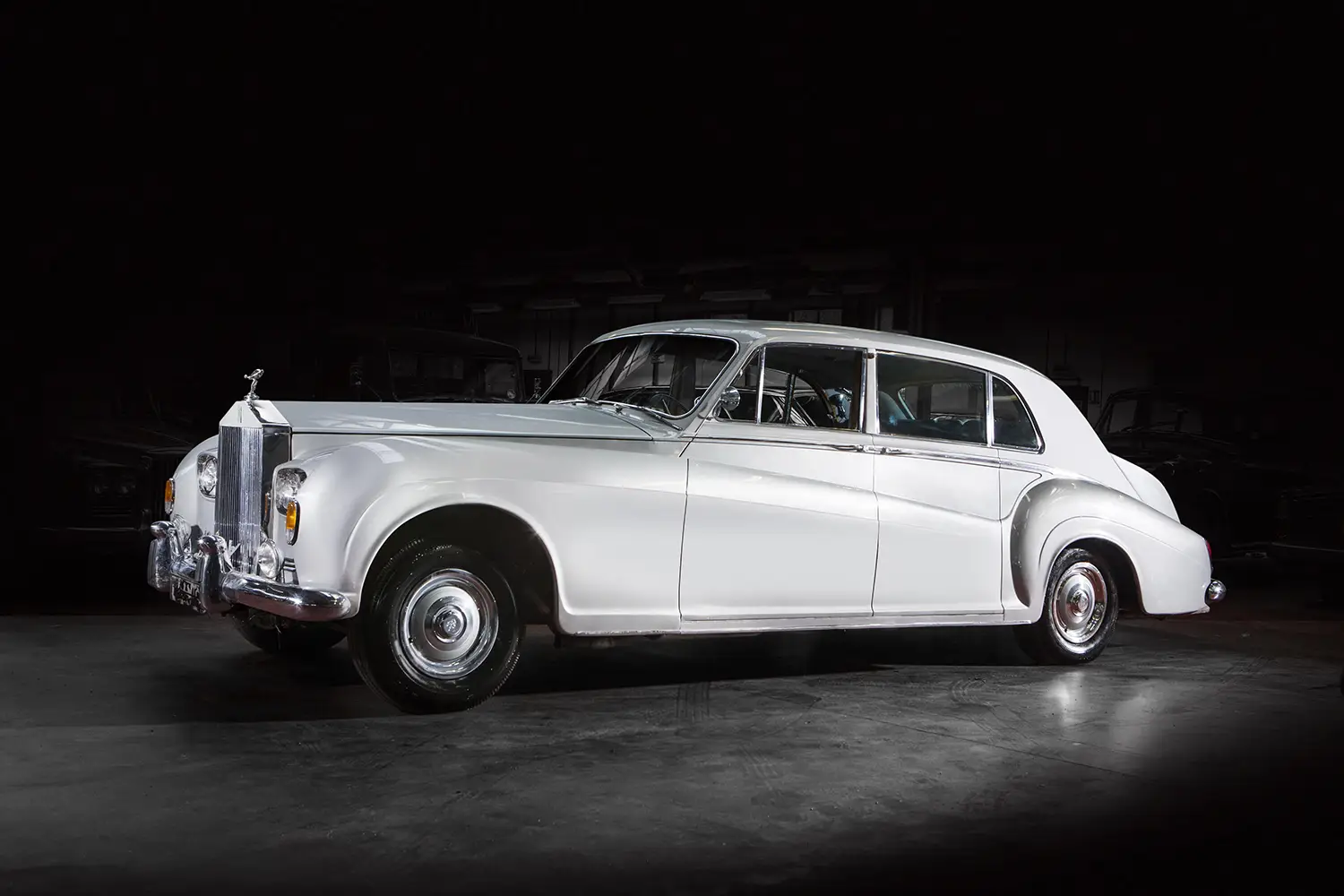
Elvis, Lennon, and the art of self-expression
When Elvis Presley bought his Midnight Blue Phantom V in 1963, he loaded it with bespoke details like a microphone and writing pad. John Lennon went even further. His psychedelic Phantom V, hand-painted with bold swirls and colors, became a symbol of the 1967 Summer of Love. Lennon’s car showed how Phantom could be transformed into a canvas for personal expression, a rolling reflection of identity.
Phantom as a stage for flamboyance
Liberace pushed boundaries with his mirror-covered Phantom V, while Elton John turned his Phantoms into extensions of his flamboyant stage presence. Whether pink and white or fitted with custom audio systems, Elton’s Phantoms were as bold as his music. For these stars, Phantom was not simply a car. It was part of their performance.
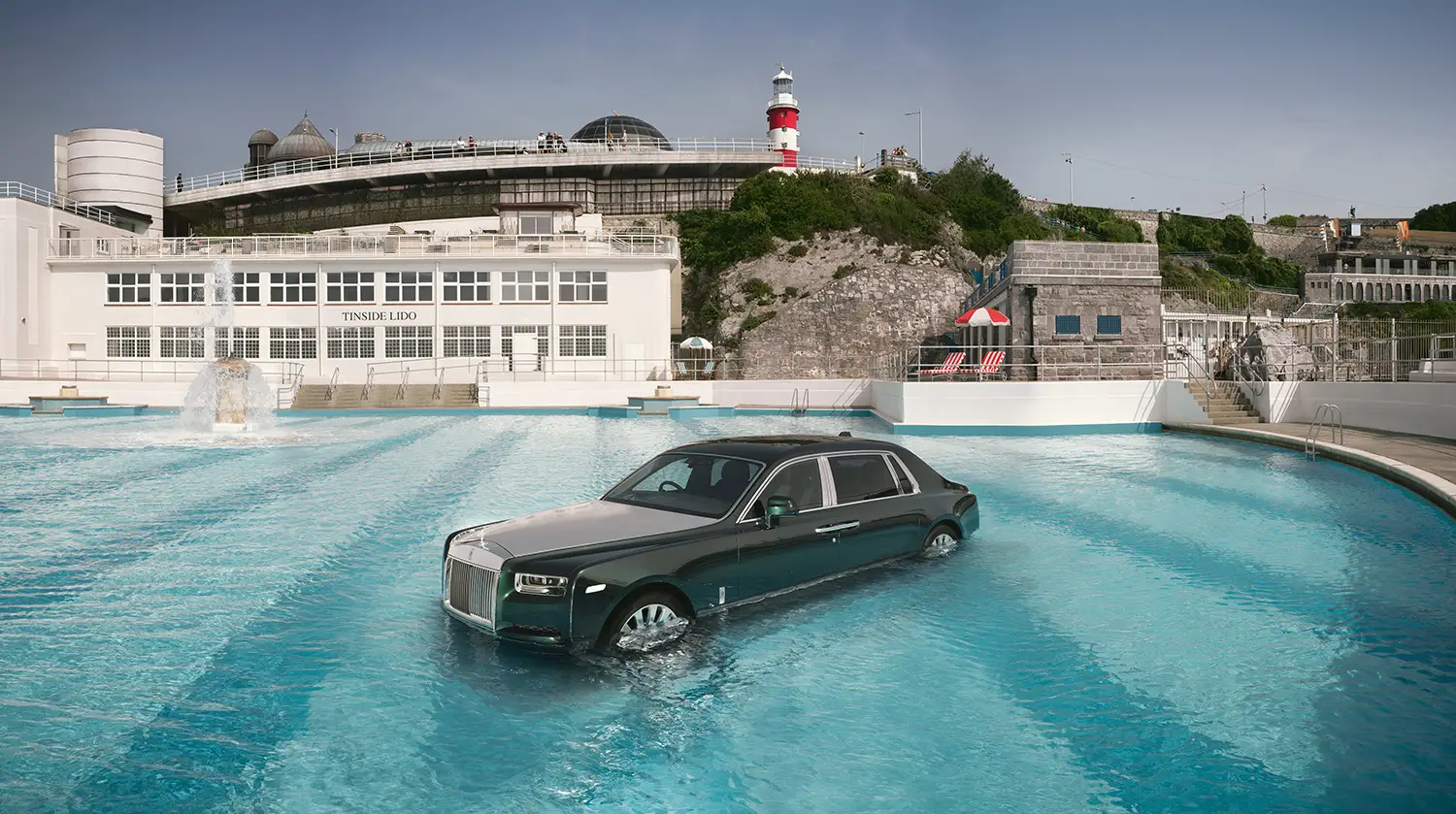
The myth and the legend
Keith Moon of The Who is often linked with the infamous tale of a Rolls-Royce in a swimming pool. Whether true or exaggerated, the story reflects Phantom’s place in rock mythology. Decades later, Rolls-Royce even recreated the scene to honor that connection. Few cars carry such myth-making power.
Hip-hop and Phantom’s modern revival
As hip-hop became a global force, Phantom found new life. From Snoop Dogg to 50 Cent, rap artists embraced Phantom as the ultimate symbol of success. Music videos, lyrics, and album covers showcased the car, often with its signature Starlight Headliner glowing above. By the 2000s, Rolls-Royce had become the most name-checked brand in songs, with Phantom at the center of it all.
A century of style and sound
Today, Phantom remains a unique mix of engineering brilliance and cultural presence. It is not only a car for the wealthy. It is a cultural symbol that bridges generations of artists, from jazz pioneers to today’s rap moguls. At 100 years, the Phantom proves that true icons do not fade. They evolve, adapt, and continue to inspire.
Summary
The story of the Rolls-Royce Phantom 100 years is really the story of modern music itself. From Hollywood glamour to hip-hop stages, Phantom has served as both a canvas and a companion for the world’s most creative icons. As it enters its second century, Phantom remains unmatched in luxury, power, and cultural influence.
Disclaimer:
Details in this article are for cultural and historical storytelling purposes and may not reflect specific vehicle specifications.
Source: Rolls-Royce Motor Cars
